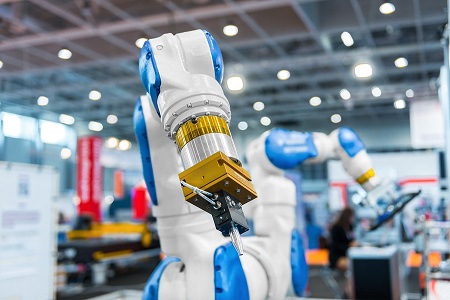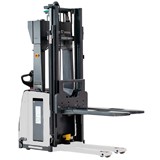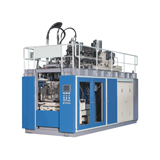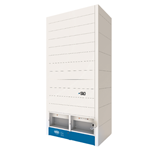In the minds of most, automation costs jobs, yet manufacturers need to automate their processes more and more just to keep pace with the competition or their market demands.
So what constitutes acceptable automation if it puts people out of work? And can automation actually create jobs? In this article we will provide some answers.
Automation rolls with the times
For most manufacturers replacing people with automated systems hasn't been an option, it's been a necessity. Factories now have to automate their production processes simply to compete in local and international markets. Those who don't risk falling behind and, ultimately, closure.
The case for automation is clear: robots don't take lunch hours, sick days or make pay dispute claims. They roll on relentlessly (as long as they are well maintained) producing at a constant rate and providing a wealth of process information humans simply can't give. Robots and the computers that oversee them are an unbeatable source of data that helps to improve manufacturing quality and performance.
Skill sets could dictate prospects
Some experts believe that only highly skilled and technical workers will survive this ever increasing reliance on technology as they will always be needed to ensure the computers and robots do their job. Unskilled factory workers will, meanwhile, almost become obsolete. Others are far more optimistic about the future of our workforce. They believe that smarter technology will generate more manufacturing and more manufacturers. As a consequence, unskilled workers will have greater opportunities and a larger pool of factories to work in.
Research brings hope to workers
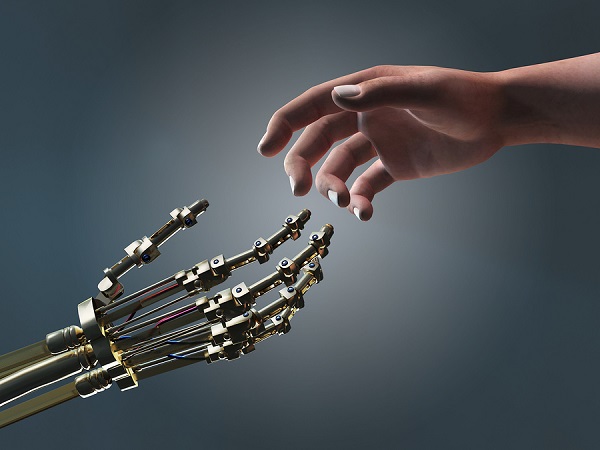
A 2013 CSIRO report suggests that more worker-friendly automation may soon revolutionise the Australian manufacturing industry. This automation, according to the findings of the report, will be in the form of robots and computers that might actually help to retain jobs. In fact, if the CSIRO is correct, robots won't replace factory workers, they'll actually save them and even create more jobs, as one of the report's authors, Dr Peter Kambouris, explains:
"Robots do things, some things, quite well. People do other things quite well. We're looking to exploit what a person does well, which is their ability to be flexible, identify small changes in orientation and then make the change for that. Whereas machines and robots are very good at bringing things from A to B."
With technology previously developed for the agriculture and mining sector, assistive-type robotic and augmented reality solutions could be put in to help workers reduce product errors while enhancing product quality and safety, and thereby improve overall productivity.

